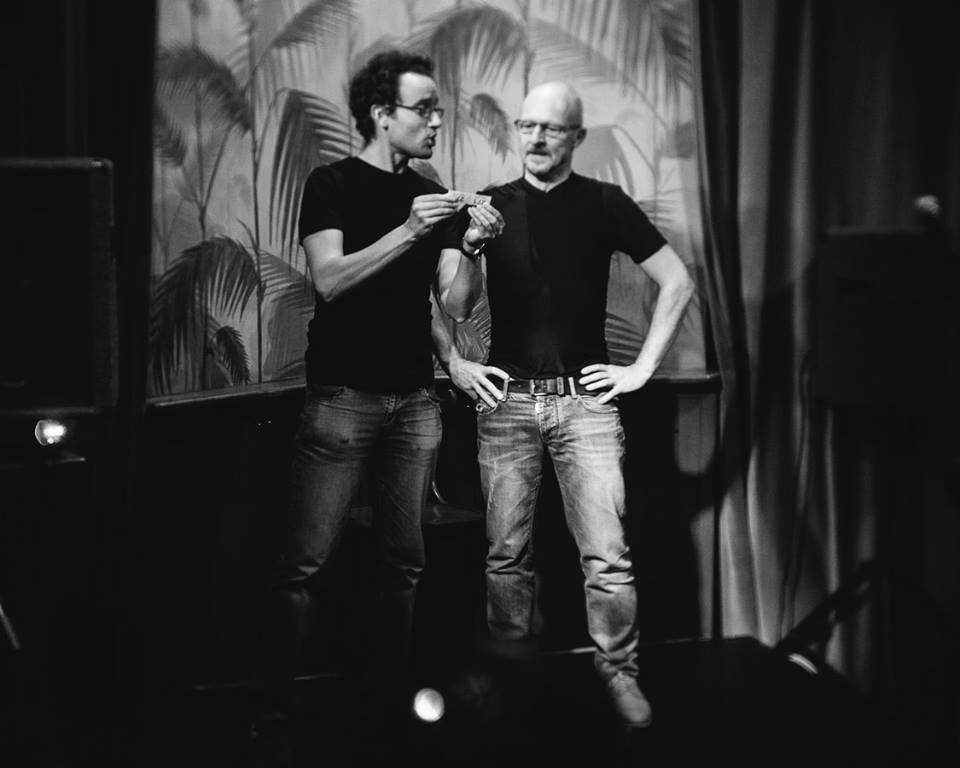
About Paul Singleton
I am a DELTA qualified English teacher, who has taught in South Korea, Ireland and Spain. I am currently working for a company called Speak your Mind. They have a communicative centred approach to teaching which allows me to implement some improvisation comedy into the teaching process.
I have given workshops on the merits of learning English through improvisation comedy in Sevilla, Málaga and Mérida. People’s responses to these workshops have been extremely positive. I have also talked in length about various improvisation games in a podcast with Jesse Sweed.
Improvisation Comedy through English
Improvisation comedy is a form of theatre in which most of what is performed is unplanned or unscripted. It allows you to step away from reality and enter an alternate world where anything can and probably will happen.
Through a mixture of fun games, you have the opportunity to:
Play around with English instead of viewing it as a boring activity
Work on your fluency by speaking English in natural situations that require spontaneous exchanges
Develop teamwork by finding solutions to various problems that arise in scenes
Acquire a new skill that enables you to deal with situations in a more timely fashion
Learn English in a much more dynamic and exciting way through a variety of lively games and random interchanges


Mental Health
The beauty of an improvised story is that it is created at the same time it is told. The improviser’s skills use emotion, action and imagination to produce a story, characters, props and an imaginary world. This creative experience stimulates the brain, which takes great satisfaction in creating moments that can be can combine hilarity with absolutely compulsive viewing.
The process of cerebral interchange and social-emotional interplay makes improvisation training uniquely effective for strengthening the ability to deal with uncertainty, lessen anxiety and bolster creative thinking that is so vital for survival in these ever more stressful times.
Improvisation training is designed to be open and encourages acceptance of other peoples’ ideas and develops them, which can take away the apprehension and dread that people have when faced with leaving their comfort zone.
By creating a trusting environment, people feel safe to express themselves without the fear of being judged. Stories can flow and people can feel connected to others in a way that they didn’t imagine possible.

